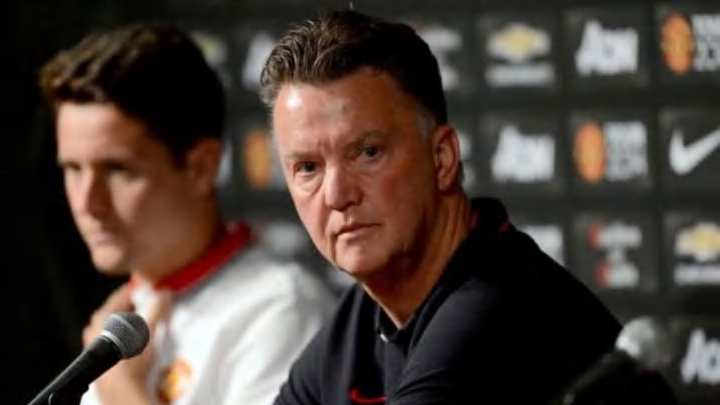Fans of English football are obsessed with the idea that the club must “back the manager” by giving him autonomy when it comes to transfer decisions. Isolating that kind of power in the hands of one person sets clubs up for colossal folly. There aren’t enough hours in the day for one person to do both jobs at maximum effectiveness. The simple solution is to hire two people to perform the two, distinct and demanding jobs.
Logically speaking, being a manager of a Premier League team is a full-time job at the least. The amount of time consumed by training, public appearances and scouting opponents easily exceeds the hours in a normal work day. It’s ludicrous to believe that managers would also have time to scour the Earth in hopes of uncovering the next great player. Imagine the shock and horror if Chelsea fans found out that Jose Mourinho had flown to Turkey to watch a potential acquisition as opposed to spending that time preparing for the next match. The Special One would burn in effigy at Stamford Bridge.
This is exactly the thing a Director of Football should be doing. Fans should want their heads of player personnel to see potential transfer targets in person. There are certain aspects of a player that just don’t translate on video and can only be appreciated in person. Clubs would be better served to have employees dedicated solely to this task. Such employees could scout in person frequently and gain information on the character’s player, etc from those closest to him. This type of hands-on research would undoubtedly lessen the risk of purchasing a flop and help clubs get their transfer purchases right more often.
Instead of advocating for this separation of management and personnel decisions, English fans typically rail against it. Many EPL fans scoff at the idea of Liverpool having a “transfer committee” and yearn for Jurgen Klopp to be given sole transfer authority. While the transfer committee approach might be flawed, Anfield supporters should be jumping for joy that checks and balances exist at their club that prevent the manager from making unilateral decisions.
More from Playing for 90
- Alexia Putellas reaches 400 games with Barcelona
- Everything you need to know ahead of the 250th ‘Super Clásico’
- Barcelona put five past Real Betis
- Manchester City suffer but come away with win over West Ham
- Baffling Liga MX ruling strips Puebla of a hard-earned victory
Of course, managers should have their say in the personnel decisions of their club. They have valuable insight on how they want their team to set up and play that can’t be provided by anyone else. In many cases, the manager may have personal experience with players in question that should also be taken into account. The manager should be a part of the process but cannot be the entire process.
Given the obvious logical argument against empowering one man with both roles it seems ridiculous that Premier League teams continue to do it. The reason they do, is because they are held hostage by the giant entities that are the managers in question. Again, to use the Liverpool example, imagine a scenario where Klopp didn’t come because he wasn’t provided transfer decision autonomy. Fans would riot. Klopp, like many Premier League managers, is in such demand that he can demand transfer autonomy and receive it. Of course managers want such power even in the face of logic against it. Their egos, part of what make them great managers, make them believe that they are the exception, rather than the rule. They believe that while others have failed to make the model work, they are uniquely qualified to succeed. It’s folly, but understandable given the context.
Over time, the success of clubs who remember that transfer decisions are bigger than the manager will enjoy enough on field success to sway public opinion. Premier League teams will never fully go away from giving in to high-profile managerial demands, but many clubs will smarten up. Those that do, will find their success in the transfer market a great advantage over their small-minded competitors.
